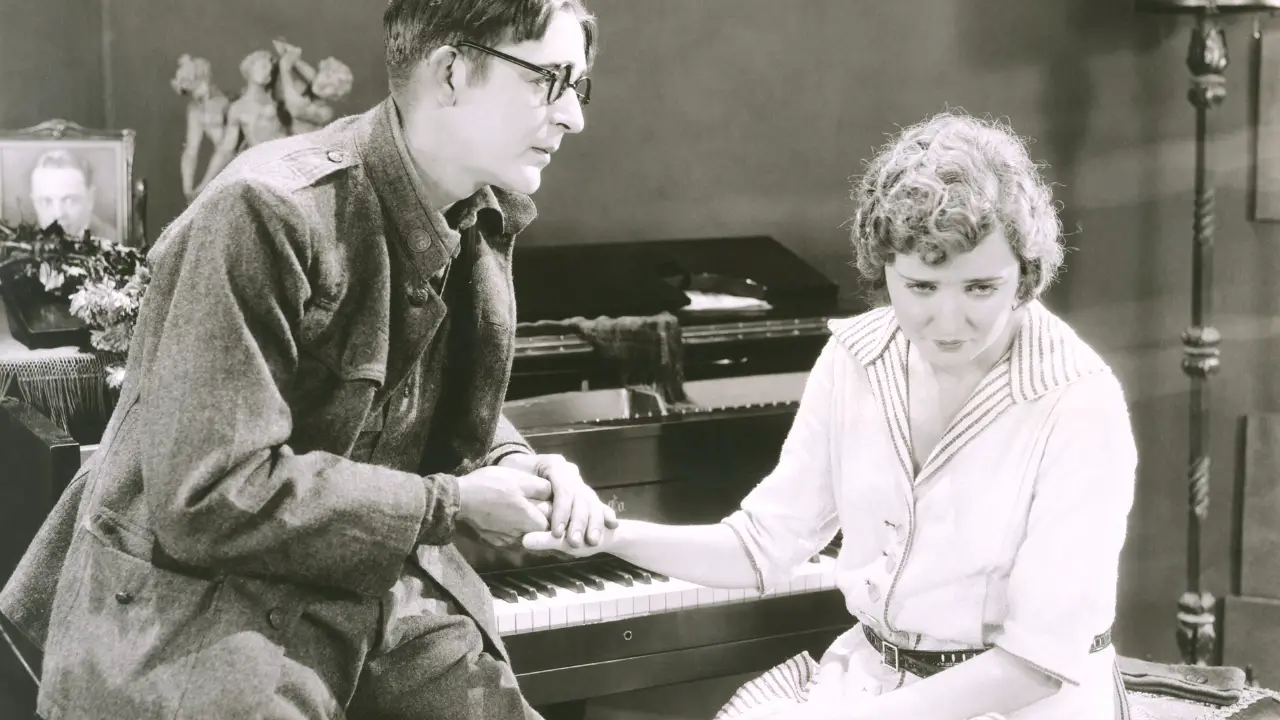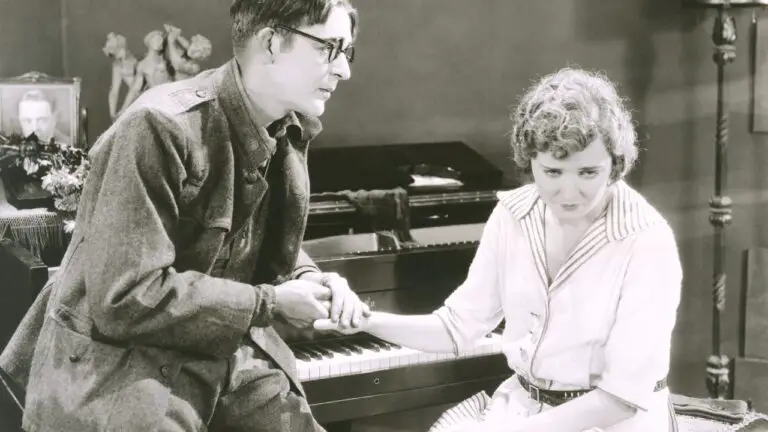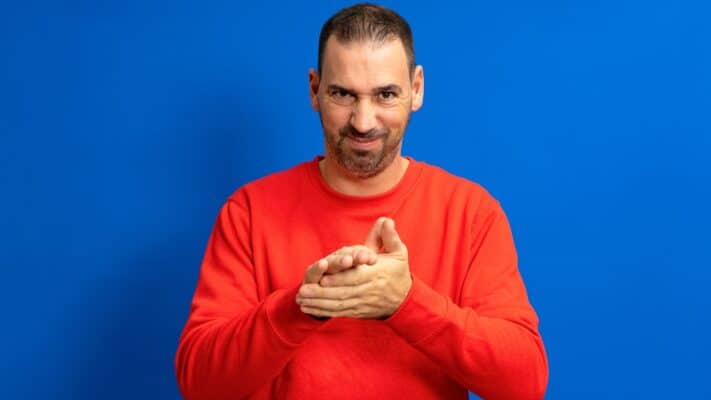Apologizing can be difficult, especially when you’ve lashed out at someone. However, it’s important to take responsibility for your actions and make amends. In this article, we’ll provide you with a step-by-step guide on how to apologize for lashing out.

[ez-toc]
When emotions run high, it’s easy to say or do things we later regret. Lashing out at someone can be hurtful and damaging to your relationship. However, apologizing for your behavior can help to repair the damage and move forward.
In this article, we’ll provide you with a step-by-step guide on how to apologize for lashing out. Whether you’ve yelled at a friend, co-worker, or family member, these tips will help you make amends and rebuild your relationship.
Why Apologizing for Lashing Out is Important
Apologizing for lashing out is important for several reasons. First, it acknowledges the harm you’ve caused and takes responsibility for your behavior. This can help to rebuild trust and repair the relationship.
Second, apologizing demonstrates that you value the relationship and the person you’ve hurt. It shows that you’re willing to put in the effort to make things right and shows that you care.
Finally, apologizing can help you to learn from your mistakes and grow as a person. By recognizing your behavior and taking responsibility for it, you can work to change your behavior in the future.
Recognize Your Behavior
The first step in apologizing for lashing out is to recognize your behavior. This means acknowledging that what you said or did was hurtful and taking responsibility for your actions.
It can be helpful to reflect on what led to your outburst. Were you feeling stressed, overwhelmed, or frustrated? Did something trigger you? Understanding why you lashed out can help you to avoid similar situations in the future.
Take Responsibility for Your Actions
Once you’ve recognized your behavior, the next step is to take responsibility for your actions. This means acknowledging the harm you’ve caused and owning up to your mistakes.
When apologizing, it’s important to use “I” statements and avoid making excuses. For example, instead of saying “I’m sorry if I hurt your feelings,” say “I’m sorry for what I said. It was hurtful and uncalled for.”
Sincerely Apologize
A sincere apology is key to making amends for lashing out. This means expressing remorse for your behavior and acknowledging the harm you’ve caused.
When apologizing, be specific about what you’re apologizing for and why it was wrong. For example, you might say “I’m sorry for yelling at you. It was disrespectful and hurtful, and I know I shouldn’t have done it.”
Offer a Solution
In addition to apologizing, it’s important to offer a solution. This shows that you’re committed to making things right and helps to rebuild trust.
Ask the person you’ve hurt what you can do to make things right. This might involve offering a sincere promise to change your behavior, or making a specific effort to make up for the harm you’ve caused.
Give Time and Space
After apologizing, it’s important to give the person you’ve hurt time and space to process their emotions. Respect their feelings and don’t pressure them to forgive you right away.
During this time, it’s important to continue to reflect on your behavior and make efforts to change. This might involve seeking therapy or counseling, practicing mindfulness or meditation, or finding healthy ways to manage stress and emotions.
Follow-Up
Once you’ve apologized and offered a solution, it’s important to follow-up with the person you’ve hurt. Check in with them to see how they’re doing and if there’s anything else you can do to make things right.
It’s important to be patient and understanding during this process. Rebuilding trust takes time, and it’s important to be consistent in your efforts to change your behavior.
Conclusion
Apologizing for lashing out can be difficult, but it’s an important step in repairing relationships and moving forward. By recognizing your behavior, taking responsibility, and offering a solution, you can show that you value the relationship and are committed to making things right.
Remember to be patient and understanding during the process, and don’t be afraid to seek support from friends, family, or a therapist. With time and effort, you can learn from your mistakes and become a better person.
“Apologies are the glue that can hold a relationship together, but only if they are sincere and coupled with action to make amends.” – Gary Chapman
Frequently Asked Questions
What if the person I hurt doesn’t want to forgive me?
It’s important to respect the other person’s feelings and give them time and space to process their emotions. While it can be difficult, it’s important to accept their decision and continue to work on changing your behavior.
How can I make sure I don’t lash out again in the future?
Reflect on what led to your outburst and make efforts to manage stress and emotions in healthy ways. This might involve seeking therapy or counseling, practicing mindfulness or meditation, or finding a support system.
What if the person I hurt doesn’t want to talk to me at all?
Respect their decision and continue to reflect on your behavior and make efforts to change. It’s important to take responsibility for your actions, even if the other person doesn’t want to engage with you.
How can I rebuild trust after lashing out?
Be consistent in your efforts to change your behavior and follow-through on any promises you make. It’s important to be patient and understanding during this process and give the other person time to heal.
Can apologizing really make a difference?
Yes, apologizing can make a significant difference in repairing relationships and rebuilding trust. It demonstrates that you value the relationship and are committed to making things right, and can help the other person to feel heard and understood.
















